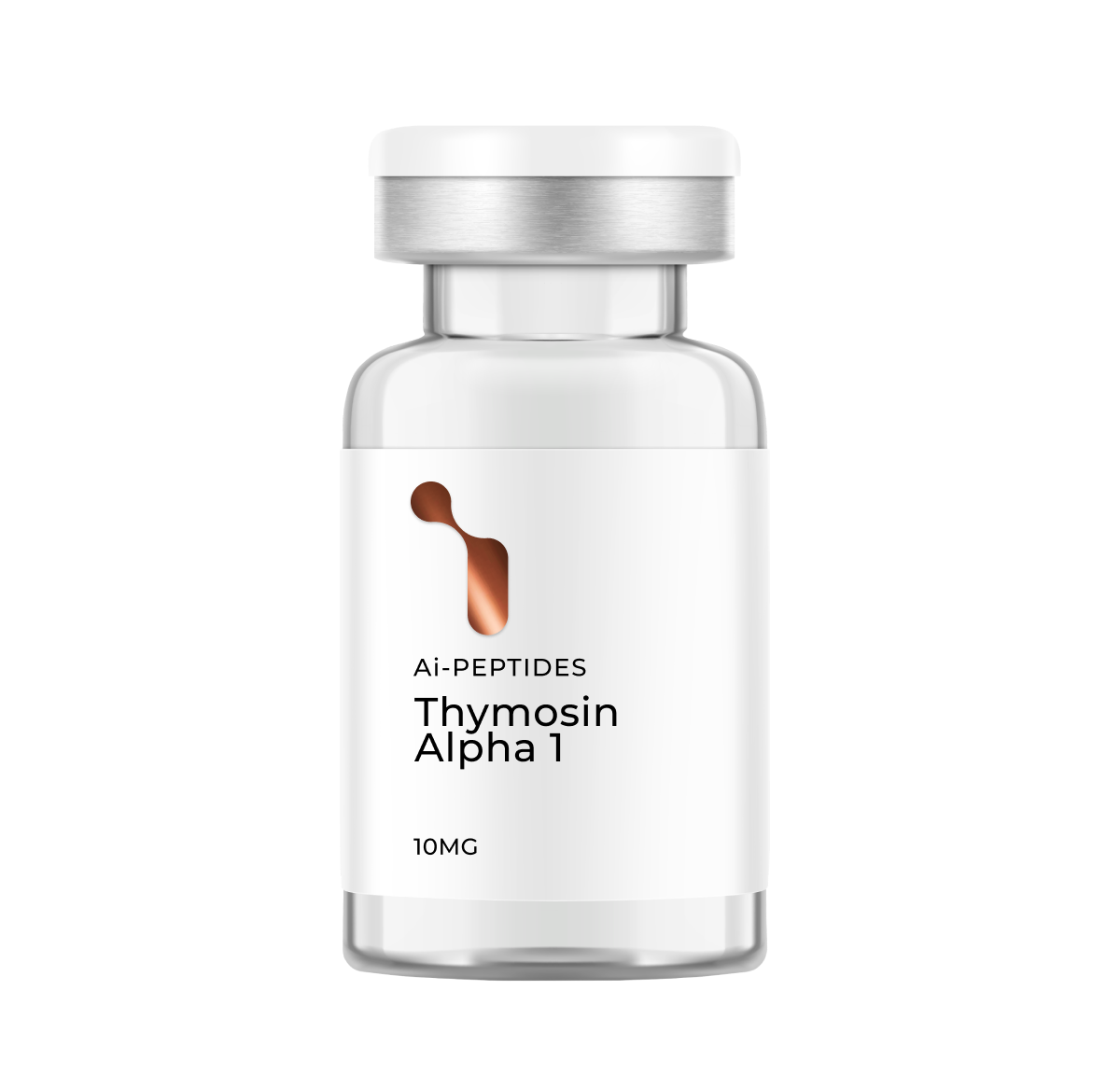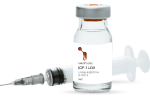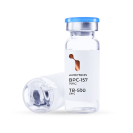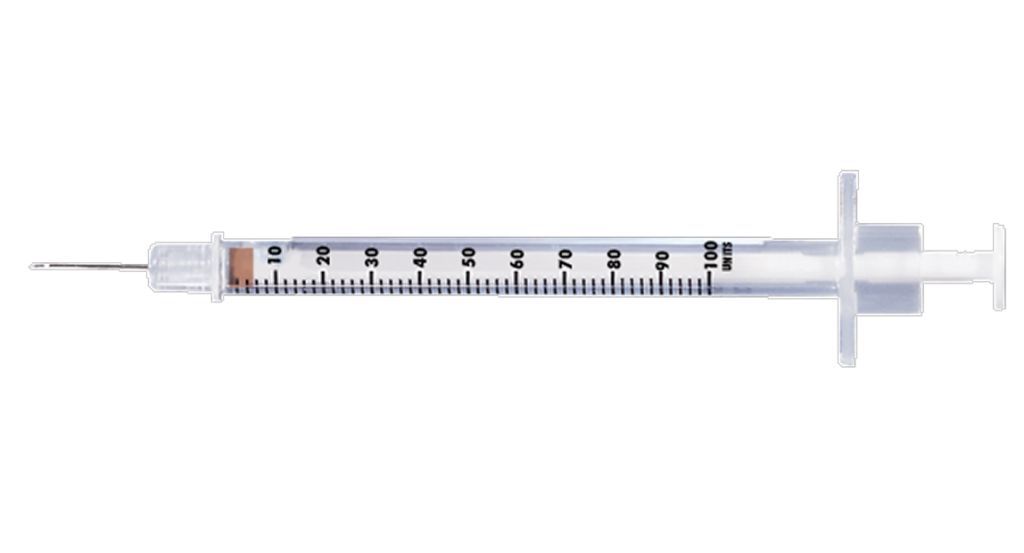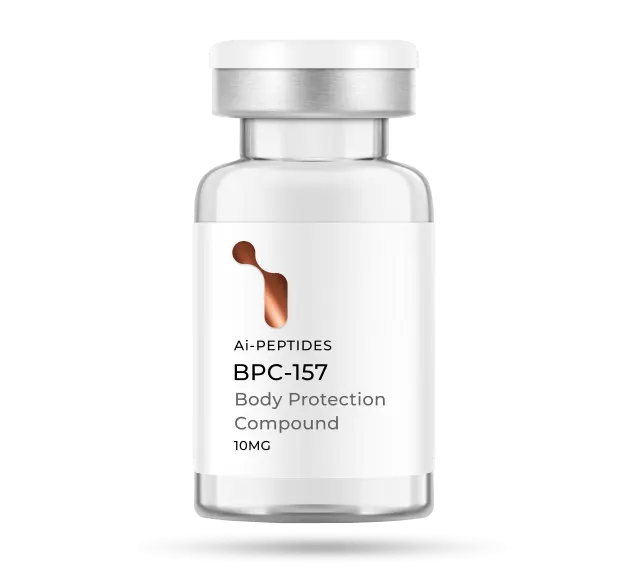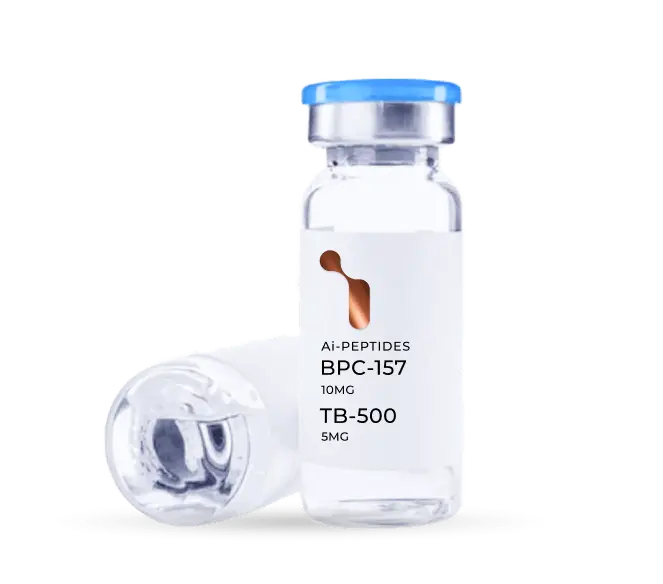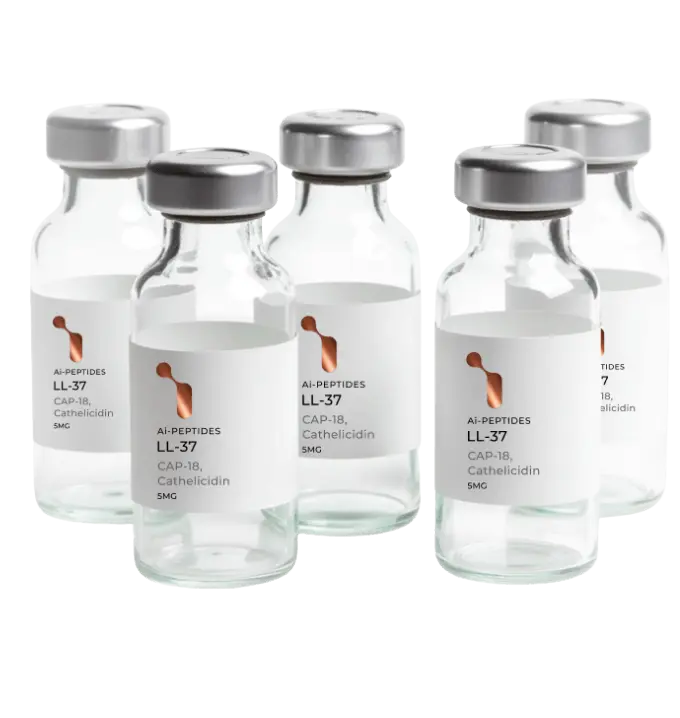Thymosin Alpha-1 (often called Tα1) is a short, naturally inspired peptide that researchers use to explore how the immune system “switches on” and coordinates its response. In simple terms, it’s a tool for studying signaling that helps the body recognize challenges and organize both innate and adaptive defenses in controlled models.
In research literature, Tα1 is discussed around T-cell support, dendritic cell activation, and pattern-recognition pathways (e.g., toll-like receptor signaling) that shape cytokine balance and antigen presentation. Teams look at readouts like T-cell maturation/activation markers, dendritic cell function, and downstream cytokine profiles to map how immune tone shifts under defined conditions. These are research signals, not medical outcomes, and results vary by model and protocol.
What sets our Thymosin Alpha-1 apart is verified quality. Each batch is identity-confirmed (e.g., mass spectrometry) and purity-checked by HPLC, delivering ≥99% purity (typical). You receive a lot-specific Certificate of Analysis (COA) with real test data—clear proof you can read and cite in your records.
We prioritize repeatable consistency. Specifications are kept tight from batch to batch and every lot is tracked, so when you reorder you can match the same analytical fingerprint—useful for method development, comparisons, and follow-up work where consistency is as important as the initial result.
If you value clarity, documentation, and high purity for immunology research, Thymosin Alpha-1 from AI Peptides delivers exactly that—well-characterized material with transparent proof, so you can focus on the science with confidence.
